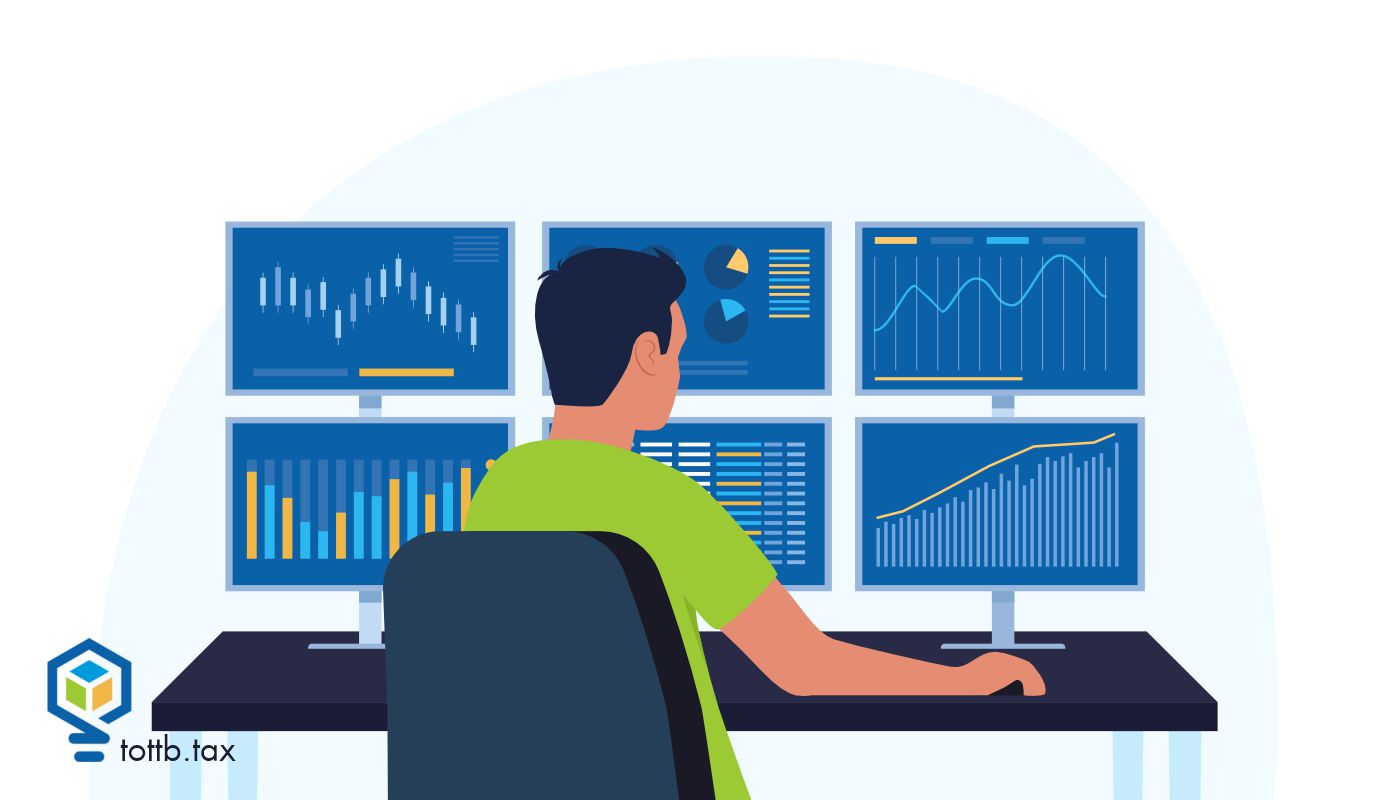CURRENT EDITION

Tackling Taxes On an Inherited HSA
The Health Savings Account (HSA) is a first line of defense tax strategy. Contributions are deductible and earnings are tax-free if used for qualified medical expenses. There are numerous features to the HSA that secure maximum tax benefits. Structured properly, an HSA can provide serious tax-free money to beneficiaries as well as the account holder. Before we review the implications of inheriting an HSA, let’s review some of the powerful features an HSA has that increases the value of the account.
READ MOREA Tax Tailored for Twenty-Six: OBBBA’s Impact on College Endowments
Chapter 4 of the One Big Beautiful Bill (OBBBA) is titled “Investing In American Families, Communities.” Subchapter B of Chapter 4 is “Permanent investments in students and reforms to tax-exempt institutions.” That is where you will find “Modification of excise tax on investment income of certain private colleges and universities.” What is really amusing about this rewrite of IRC Section 4968 “Excise tax based on investment income of private colleges and universities” is that it applies to such a small number of institutions that you can identify them with a decent degree of certainty from publicly available information. The tax does not apply to state universities.
Read More10 Key Things Tax Professionals Should Know About State and Local Business Incentives
State and local business tax incentives are powerful tools that can significantly reduce a company’s tax burden and influence business decisions. Every U.S. state offers some form of incentive to attract or retain businesses, from tax credits and exemptions to cash grants and property tax abatements. For experienced tax professionals, understanding these incentives is crucial for effective tax planning and helping clients maximize savings. Below are ten key things to know about state and local business incentives, along with real-world examples and actionable insights. We’ll also wrap up with essential dos and don’ts when advising clients on these programs.
Read MoreData-Driven Sales for Accountants: How to Use Analytics to Identify Sales Opportunities
As accountants, we are no longer just the stewards of our clients' books; we're their trusted advisors, guiding them to financial success, helping them optimize performance, and keeping them compliant with tax regulations. We use data analytics tools to guide and advise our clients to make informed decisions. However, we sometimes overlook using the same tools to advance our practices. We can leverage analytics tools to unlock new sales opportunities, offer enhanced services, and build deeper client relationships. Data-driven sales is a strategic approach to growing your practice consistently, boosting client satisfaction.
Read MoreBig Beautiful Promises of No Tax On This, That, and The Other Thing
President Trump’s campaign promises oriented toward working stiffs and geezers – No Tax on Tips, No Tax on Overtime, No Tax on Car Loan Interest, No Tax on Social Security – were not precisely fulfilled in the Big Beautiful Bill, but they were not ignored. Rather than the exclusion implied by “No Tax,” we get deductions. Just so we don’t miss the connection, the first three get their own chapter in the Big Beautiful Bill – Delivering on Presidential Priorities to Provide New Middle-Class Tax Relief. The bone thrown to seniors is an exemption.
Read MoreSome Tips to Help Clients Make the Most of the New Tip Tax Deduction
The One Big Beautiful Bill Act relieves some of the tax burden that comes along with tip income for tax years 2025-2028. But not in some of the ways that it was initially explained. Yes, tip income is still taxable income. No, customers do not have to pay tips in cash for them to be deductible. But the tip does have to be voluntary, qualified, and reported to the IRS.
Read MoreTurning Extra Hours into Extra Cash: What You Need to Know about Overtime and the OBBBA
Do you love giving your clients great news? I do. Especially when it is about a tax benefit they can receive as the result of the hard work that they have put in throughout the tax year. That is what the overtime deduction is for the taxpayer. A little bit of tax relief for their hard work. But before sharing the good news with them, we need to make sure that we understand that No tax on overtime is not a blanket statement that will apply to all overtime compensation and all taxpayers. It is our responsibility to do our due diligence to understand who it will impact and how.
Read MoreDeducting Gambling Losses: Part 1 (OBBBA Updates)
The tax code is not kind to gamblers. All gambling wins are reportable as income. Losses are only deductible to the extent of wins and even that has limitations. Expenses of gambling, such as travel, meals, and lodging, are not deductible for casual gamblers. In Part 1of this two-part article we will discuss deducting gambling losses for recreational and professional gamblers. We will also discuss additional deductions professional gamblers can take and how they were affected by the OBBBA.
Read MoreTAX COURT ROUNDUP – August 2025
This month's Tax Court cases feature warnings to lawyers (and appraisers?) in the ongoing syndicated conservation easement wars; teasers about the impact of Loper Bright Ent. and Section 7701(o)(1); useful practice tips, and the conclusion of Boechler, P.C. (equitable tolling won't save a losing case).
Read MoreNOT A MEMBER YET?

SUBSCRIBE TO GET ALL OF OUR
GREAT ARTICLES AND RESOURCES!
CURRENT EDITION

Tackling Taxes On an Inherited HSA
The Health Savings Account (HSA) is a first line of defense tax strategy. Contributions are deductible and earnings are tax-free if used for qualified medical expenses. There are numerous features to the HSA that secure maximum tax benefits. Structured properly, an HSA can provide serious tax-free money to beneficiaries as well as the account holder. Before we review the implications of inheriting an HSA, let’s review some of the powerful features an HSA has that increases the value of the account.

Kadau v. Commissioner and the Line Between Effective and Broken Captives
Captive insurance remains one of the most closely examined tax planning strategies in use today, not because it is inherently flawed, but because small missteps can carry outsized consequences. Many taxpayers assume that careful formation and proper documentation are enough to protect the intended tax outcome. A recent Tax Court decision, Kadau v. Commissioner, serves as a reminder that those assumptions deserve closer scrutiny. The court’s analysis did not hinge on whether captive insurance can work, but on how a specific arrangement actually functioned in practice. For tax professionals advising clients who rely on micro-captives, the case raises important questions about where structures tend to break down, why some arrangements attract IRS attention while others do not, and what really separates a defensible captive from one that invites challenge.

Not Every Client Is a Keeper: When Saying Goodbye Protects Your Practice
Bad chemistry with one client can disrupt the flow with everyone. That one client who doesn’t follow your processes and messes up the workflow during tax season. The client who never turns things in on time but then wants results from you immediately when they do. These things affect how you interact and work with your other clients as well. As the firm owner we should do whatever we can to protect good chemistry within our business. As a tax advisor the people we work with become our family. We help them make decisions that impact them and their families. That is why firing clients can be a delicate matter when you are doing the firing.









